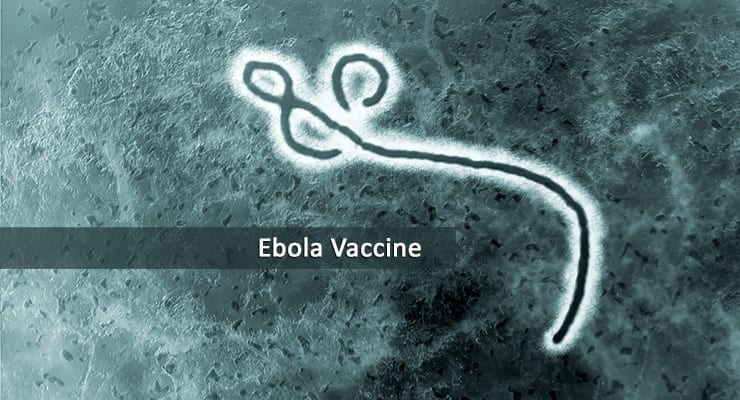Soligenix, Inc. this week announced positive preliminary proof-of-concept results from its collaboration with University of Hawaiʻi at Mānoa (UH Mānoa) and Hawaii Biotech, Inc. (HBI) to develop a heat stable subunit Ebola vaccine.
Thermostabilization formulation studies, conducted with collaborators at the University of Colorado Boulder, have identified a formulation that enhances the physical stability of the protein and may allow immunization to potentially be achieved with fewer vaccinations.
Dr. Lehrer, a co-inventor of the Ebola vaccine with HBI, has shown proof of concept efficacy with subunit Ebola vaccines in non-human primates. Soligenix evaluated its proprietary vaccine thermostabilization technology, ThermoVax®, licensed from the University of Colorado, to stabilize components of the vaccine. These studies identified a formulation that maintained the physical state of the Ebola subunit protein despite incubation at 40 degrees Celsius (104 degrees Fahrenheit) for 12 weeks.
Read also: CDC Releases Detailed History of Ebola Response
Initial testing also revealed that two doses of this new formulation is as effective as three doses of a non-stabilized vaccine in generating antibodies to Ebola, even after storage at 40 degrees Celsius for 12 weeks. Further studies evaluating the protective ability of the vaccines are planned. Ultimately, the objective is to produce a thermostable Ebola vaccine for worldwide distribution that does not require cold storage.
In preclinical studies, ThermoVax® has been previously demonstrated to enhance thermostability of ricin (RiVax™), anthrax and human papillomavirus (HPV) subunit vaccines.
The most advanced Ebola vaccines involve the use of vesicular stomatitis virus (VSV) and adenovirus vectors – live, viral vectors which complicate the manufacturing, stability and storage requirements. Dr. Lehrer’s vaccine is based on highly purified recombinant protein antigens, circumventing many of these manufacturing difficulties.
Dr. Lehrer and HBI have developed a robust manufacturing process for the required proteins. Application of ThermoVax® may allow for a product that can avoid the need for cold-chain distribution and storage, yielding a vaccine ideal for use in both the developed and developing world.
“None of the other Ebola vaccines under development have the ability to withstand high temperatures, which is an ongoing concern in areas of the world where Filoviruses are endemic,” stated Dr. Lehrer, Assistant Professor, Department of Tropical Medicine, Medical Microbiology and Pharmacology at the JABSOM. “The ability to stabilize our vaccine candidate to retain immunogenicity may not only have an impact on logistics, but also has the potential to reach more persons in need with fewer vaccine doses. This would be a tremendous advantage, especially in endemic areas, increasing the number of people receiving sufficient doses of the vaccine to protect them from disease.”
Read also: Thermostable Ricin Vaccine Gets Another Funding Boost
Results from the Ebola development studies will be presented by Dr. Carly Chisholm and Dr. Theodore Randolph in a poster entitled “Thermostable Lyophilized Ebola Vaccine Formulations” at the 2016 Workshop on Protein Aggregation and Immunogenicity, on August 2-4, 2016 in Breckenridge, Colorado.
“We continue to demonstrate the broad applicability of the ThermoVax® heat stabilization platform,” stated Christopher J. Schaber, PhD, President and Chief Executive Officer of Soligenix. “These latest results join other successful endeavors with ricin, anthrax and HPV vaccines. We look forward to expanding the use of this proprietary technology, while continuing to develop ThermoVax® using RiVax™, our novel subunit ricin vaccine, under an active National Institute of Allergy and Infectious Diseases (NIAID) contract award of up to $24.7M over 6 years.”
Source: Soligenix press release, adapted.


